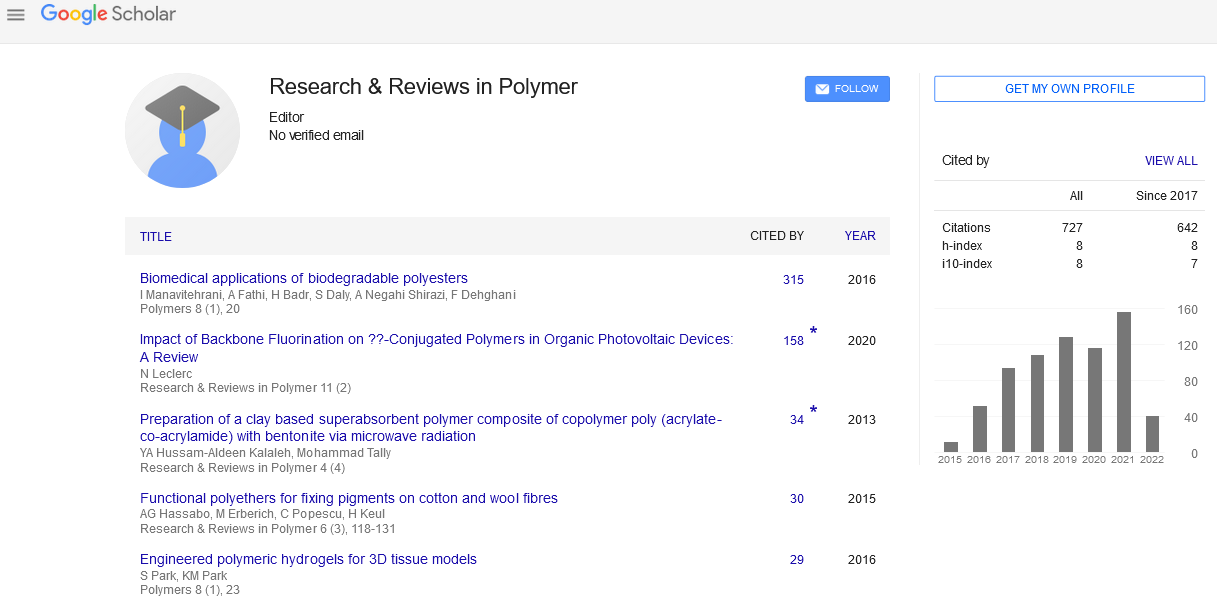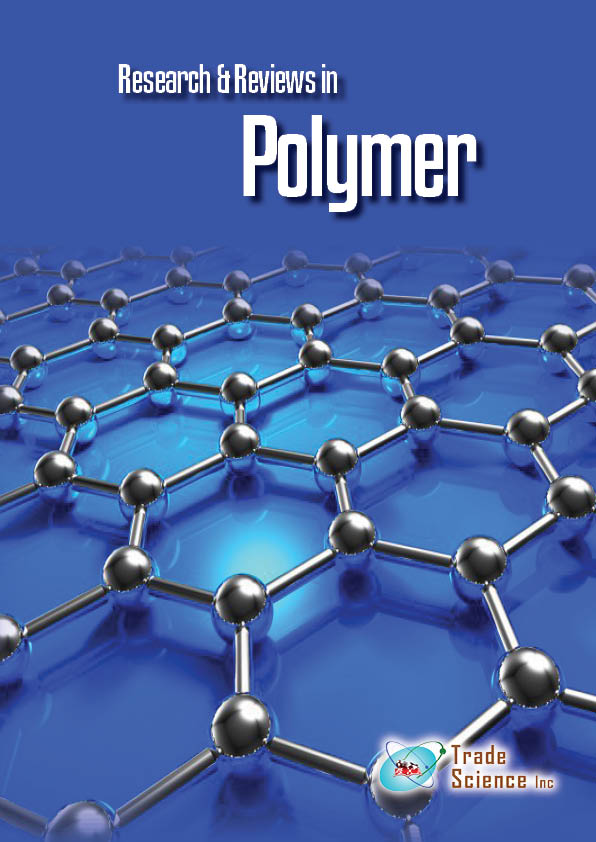Abstract
A study of the effect of solution degradation due to aging on the electrospun cellulose acetate nanofibers
Author(s): Edison Omollo, Chuyang Zhang, Josphat Igadwa Mwasiagi, Tusiimire Yvonne, Lloyd NdlovuCellulose acetate (CA) electrospinning solution was left in sealed glass containers for about two weeks without performing any experiment due to equipment breakdown. The electrospinnability of the solution was found to have reduced. This led to this study which determined the effect solution degradation due to aging on the morphology of electrospun CA nanofibers and the maximum aging period (shelf life) of the spinning solution, before loss of nanofiber properties can be observed. CA solution electrospun after aging for 5 days produced finer fiberswith an average fiber diameter of 100- 110nmthan the CAsolution electrospun immediately (0 days of aging)which exhibited an average diameter of 160-180nm. CA electrospun immediately however, had amore uniformfiber distribution. CAsolution aged for over 10 days produced non-uniform fibers with beads. Aging CA solution beyond 20 days resulted in fiber breakage during electrospinning. FTIR quantitative analysis confirmed degradation of CA solution with aging as the cause of deterioration of the electrospinnability. The color of the CA solution spinning solution also recorded a significant change due to aging.

